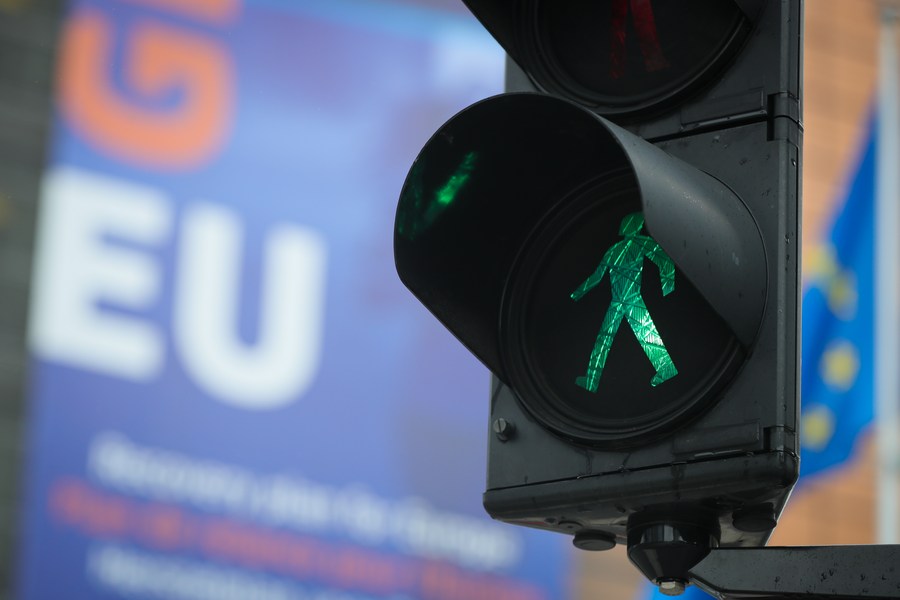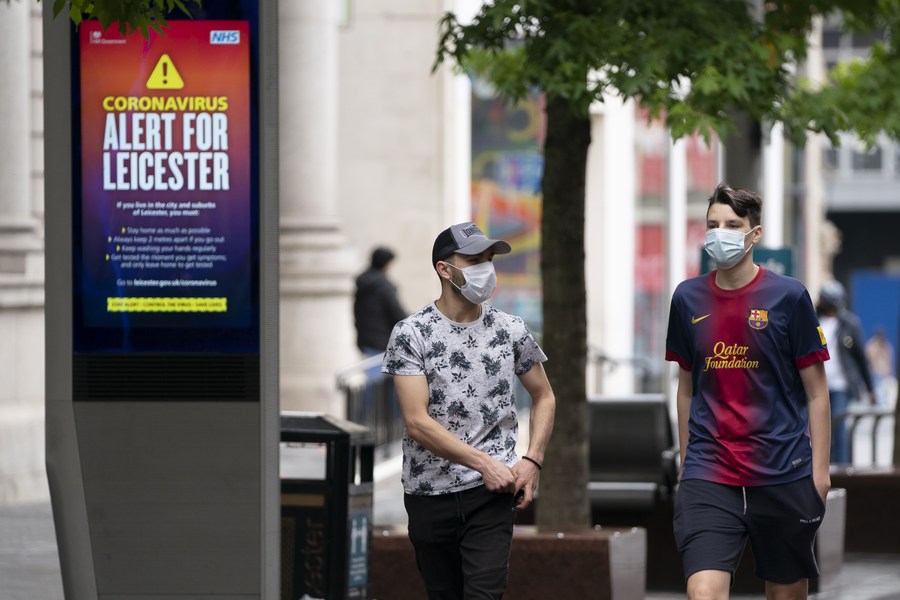-- In the past three months, the COVID-19 pandemic has halted global economic growth and taken its toll on Europe, a most sought-after tourist destination and the powerhouse of manufacturing industries;
-- Repeated warning of a possible resurgence of COVID-19 in the European region has now become a reality, said Hans Kluge, regional director for Europe of the WHO;
-- Yet the WHO official saw a light of hope in the messages he received from health ministers in Europe that more and more people have become socially responsible and adhered to physical distancing and wearing facial masks.
ZAGREB, July 4 -- It is still early to celebrate the waning of COVID-19 and restore the long-awaited normality to Europe, as recent statistics show that the pandemic is far from over on the continent.
However, failing economic conditions and collateral damage can be as deadly as the coronavirus. Returning to comprehensive lockdown measures is the last thing to do for many, even though the virus has made a comeback in some countries.

A green light is seen in front of the headquarters of the European Commission in Brussels, Belgium, June 30, 2020. (Xinhua/Zheng Huansong)
GRADUAL REOPENING
In the past three months, the COVID-19 pandemic has halted global economic growth and taken its toll on Europe, a most sought-after tourist destination and the powerhouse of manufacturing industries.
According to a report published Wednesday by the United Nations Conference on Trade and Development (UNCTAD), the world's tourism sector could lose at least 1.2 trillion U.S. dollars, or 1.5 percent of the global gross domestic product (GDP), due to a standstill of nearly four months caused by COVID-19. Such European countries as Croatia, Greece, Ireland, and Spain are among the Top 15 most affected countries, whose GDP might suffer the most from tourism losses.
Coronavirus-related losses in tourism have a knock-on effect on other economic sectors that offer goods and services to holidaymakers, such as food, beverages and entertainment, the report warned.
Greece has managed to keep its infection and fatality rates relatively low since the outbreak. The country, highly reliant on tourism as the industry contributes about 20 percent of its GDP, is one of the first European Union (EU) countries that opened borders to foreigners.













